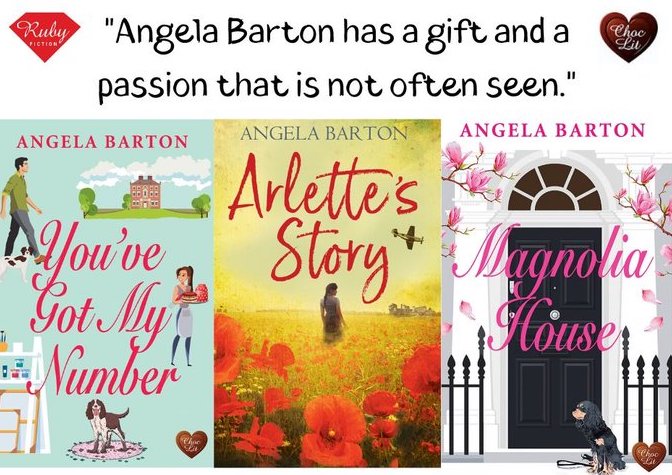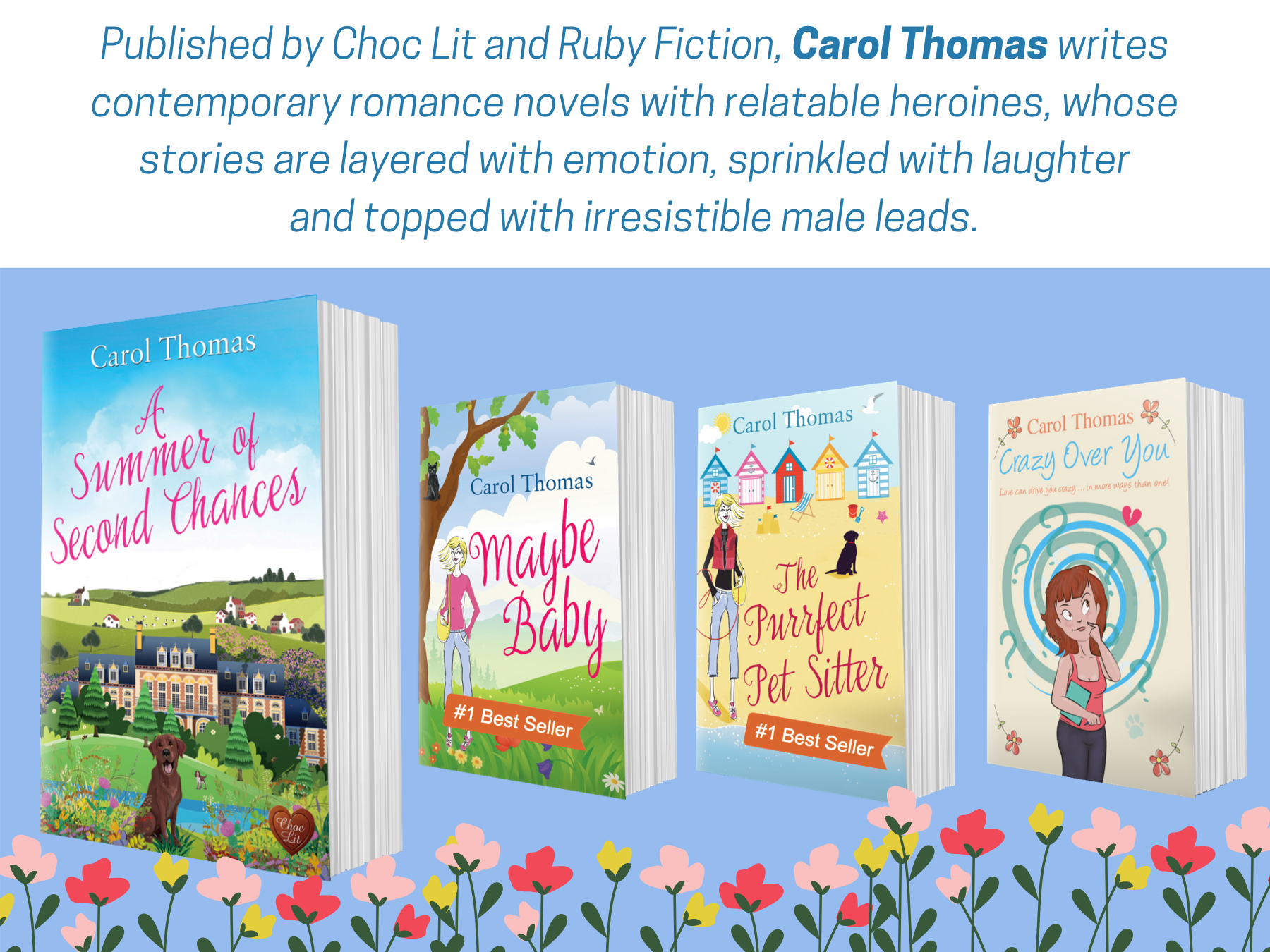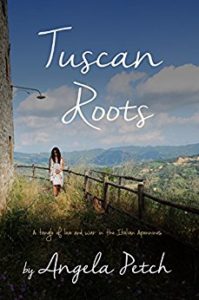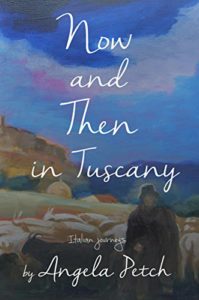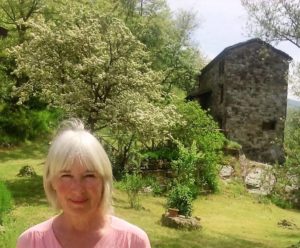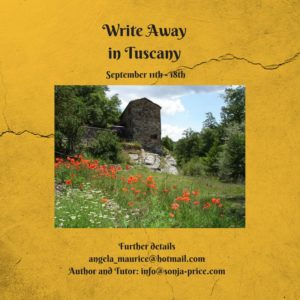Processing Emotions through Fiction.
Writing, like reading, is a means of escape. I strongly believe that creative writing is a curative pathway, an instrument of healing. It’s a safe outlet for negative emotions such as grief, anger, jealousy or anxiety. It safely helps us to explore our emotions, the reasons behind them and hopefully, find a solution through role-play using the written word. By sharing negative emotions with my fictional characters, I’m distancing myself from my own heightened feelings. I was able to express anger through writing towards the end of You’ve Got My Number. I have a calm personality and very rarely get angry so I would have found it difficult in reality. I’d been deeply hurt by a loved one and my trust had been broken. I simply gave my problem to Tess, my protagonist in YGMN, and while I sought a solution and helped her to regulate her emotions, by default, I was doing the same for myself.
For me, writing helps to organize my thoughts and gives meaning to difficult experiences. In Magnolia House and Arlette’s Story, I expressed grief following the death of my father. Having a mild obsessive compulsion, writing helped me to process why I focus on the number three and why it makes me feel safe. So once again, I gave the same obsession to my hero, Daniel, in You’ve Got My Number. He and Tess spoke about the problem and in talking about it and facing it head on, Daniel began to manage his fears. I no longer have that mild obsession, although number three is my favourite number!
Creative writing helps to release anger in a healthy, productive way that utilises our mental capabilities, rather than draining us physically. Novel writing is a typically longer way of negotiating your emotions. I’ve found that filtering my emotions on to a page has been a positive experience for me. The efficacy of using the written word as a mode of coping with suffering is wholly dependent on how you prefer to process grief. Many subconsciously bottle up their emotions and release them in one explosion of anger and sadness when they reach the climax of a story, while others slowly uncover their emotions through using their characters to discuss them between themselves.
If you prefer to eradicate negative emotions as quickly as possible and don’t like to linger on the bad feelings associated with them, then choosing to write out your feelings over weeks or months may make you uncomfortable, in which case, a diary entry or journal may be a better option for you. On the other hand, if taking your emotions and implementing them in a long piece of work is more your style, then perhaps applying them to a narrative will be more cathartic for you.
Whatever way you choose as a coping strategy when things go wrong, please don’t choose to bottle up your emotions and pretend they don’t exist. Like the genie in the bottle, they have a way of sneaking up on you later. Talk, write, compose, paint… but let it out. X
Books by Angela Barton:
Click below to find out more:
You’ve Got My Number | Arlette’s Story | Magnolia House
Author bio:
Angela Barton was born in London and grew up in Nottingham. She has three grown up children and adorable six-year-old twin granddaughters. Angela is passionate about writing both contemporary and historical fiction and loves time spent researching for her novels. In 2018 Angela signed publishing contracts for three of her completed novels with Choc Lit’s new imprint, Ruby Fiction.
In addition to writing, Angela also relaxes by making landscapes using free motion sewing on a machine. She is a member of the Romantic Novelists’ Association and a reader for their New Writers’ Scheme. Angela is also a member of Nottingham Writers’ Studio, the Society of Authors and Ellipses and Ampersands’ fiction critique group.
Discover more about Angela Barton and her novels here: Website | Twitter | Facebook | Blog | Pinterest | Amazon | Angela is also a member of Apricot Plots.


